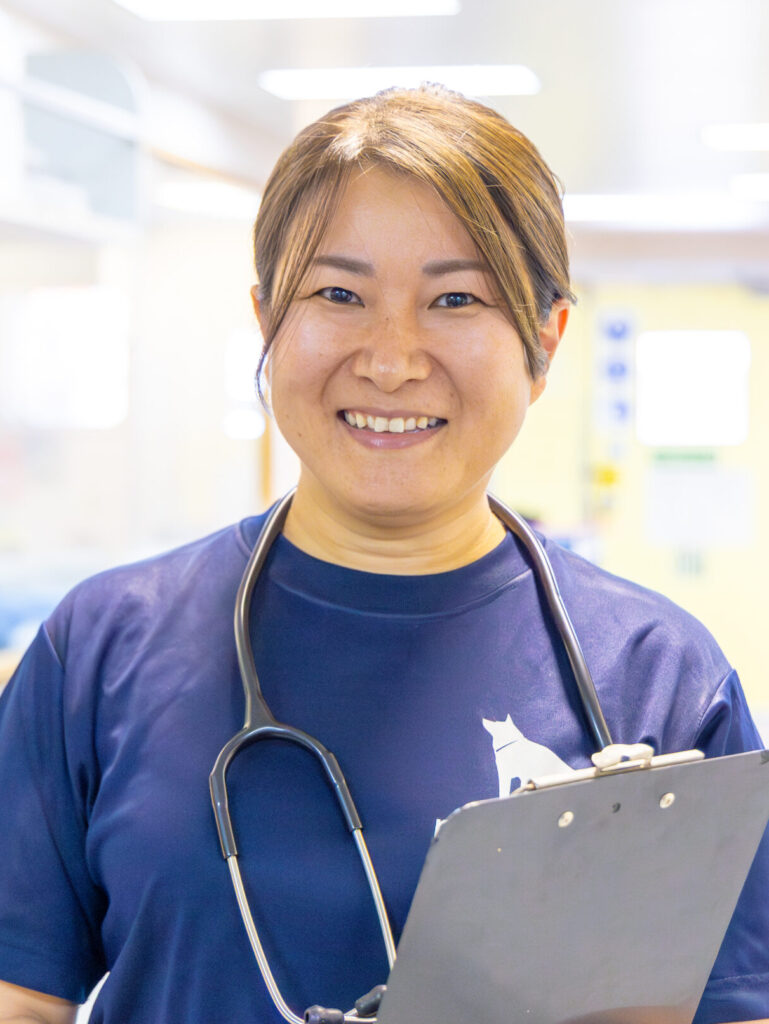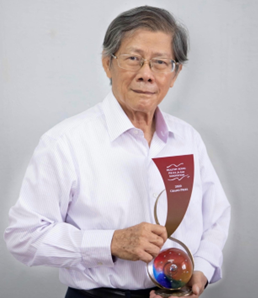Asia accounts for about 90 percent of the world’s disaster-related fatalities and injuries, and those numbers are likely to increase due to the increasing risk brought about by climate change. At the same time, the region is aging rapidly, with the number of people aged 65 and over in the region projected to double by 2050. This presents a unique challenge, as older people are more vulnerable during disasters due to a myriad of reasons and also have worse outcomes after the disaster has passed.
Japan, in particular, is both one of the most aged countries in the world and one which has grappled with numerous major natural disasters in recent decades. Recognizing that Japan may have lessons to share on how to approach these issues, the Japan Center for International Exchange (JCIE) recently worked with experts from the National Institute of Public Health (NIPH) to publish a policy brief that outlines how Japan has attempted to create policies to better protect older people during disasters.
As a follow-up, JCIE and the Economic Research Institute for ASEAN and East Asia (ERIA) organized a webinar featuring representatives from government, academia, and the nonprofit sector to consider such questions as:
- What lessons can be learned from the Japanese government’s efforts to create systematic approaches at the local government level for disaster preparedness?
- How effectively were those government guidelines implemented in recent disasters?
- What are other countries doing to incorporate older people in their disaster planning efforts?
- What are the systemic and cultural differences that must be considered when dealing with developed versus developing nations?
- What can be done to better reflect the perspectives of older people and those who advocate for them in discussions of climate change, and vice versa?
Event Details
When: Friday, June 21 (Asia) | Thursday, June 20 (US)
Time: 10:00am–11:30pm JST (Japan/GMT+9) | 8:00am–9:30am ICT (Thailand/GMT+7) | 9:00pm–10:30pm EDT (USA/GMT-5)
Panelists:
Moderator
MOMOKO ABE, Program Officer, Japan Center for International Exchange (JCIE/Japan)
Presenters
Dr. JUN TOMIO, Director, Department of Health Crisis Management, National Institute of Public Health (Japan) (PRESENTATION)
Ms. TOMOE KIKUCHI RN, ARROWS Disaster Response Team, Peace Winds Japan (Japan) (PRESENTATION)
Mr. SAWANG KAEWKANTHA, Executive Director, FOPDEV (Thailand) (PRESENTATION)
Prof. HOLLY DABELKO-SCHOENY, Director of Research, Age-Friendly Innovation Center, Ohio State University (USA) (PRESENTATION)
Co-Hosts
KIM ASHIZAWA, Senior Advisor, Japan Center for International Exchange (JCIE/USA)
TAKUMA KATO, Special Advisor on Healthcare & Long-Term Care Policy, Economic Research Institute for ASEAN and East Asia (ERIA)
Platform: Zoom (registration required)
Language: English (Japanese>>English translation will be provided during the panel discussion)
Organizers: Japan Center for International Exchange (JCIE) and Economic Research Institute for ASEAN and East Asia (ERIA)
Panel Bios

Jun Tomio
Director, Department of Health Crisis Management, National Institute of Public Health (Japan)
After receiving a medical degree from the University of Tokyo, Dr. Tomio worked as an emergency physician at the University of Tokyo Hospital and the Tokyo Metropolitan Bokutoh Hospital. He received an MSc. in Public Health from the London School of Hygiene and Tropical Medicine, a European Master in Disaster Medicine from the University of Eastern Piedmont, Italy, and a PhD from the University of Tokyo. After working as a lecturer at the Department of Public Health, Graduate School of Medicine, University of Tokyo, in 2021 he was appointed director of the Department of Health Crisis Management, National Institute of Public Health. He is currently engaged in research and education in health emergency and disaster management.

Tomoe Kikuchi
Medical Manager, ARROWS Disaster Response Team, Peace Winds Japan

Sawang Kaewkantha
Executive Director, FOPDEV (Thailand)

Holly Dabelko-Schoeny
Director of Research, Age-Friendly Innovation Center at Ohio State University (USA)
Dr. Dabelko-Schoeny is Director of Research for Ohio State University College of Social Work’s Age-Friendly Innovation Center (AFIC), where she strives to improve the service, social and built environments that support the inclusion of older adults. Her work is deeply collaborative, relying on multiple methods and community-based participatory research approaches. She is a team scientist and teacher who believes answers to our most challenging questions exist in the intersection between our empirical and theoretical understandings and the lived experiences of older adults, practitioners, and students. Her passion rests in preparing future scholars and practitioners who are enthusiastic, compassionate, and armed with the skills necessary to develop and implement evidence-informed practices that support older adults in their ability to age in community. In 2022, Dr. Dabelko-Schoeny received Ohio State’s Community Engagement Scholar award and was a recipient of the Community Partnership Action Award from Columbus and Franklin County in 2019. Dr. Dabelko-Schoeny earned her PhD from Ohio State University and her MSW and BA from University of Maryland and Wittenberg University, respectively.

